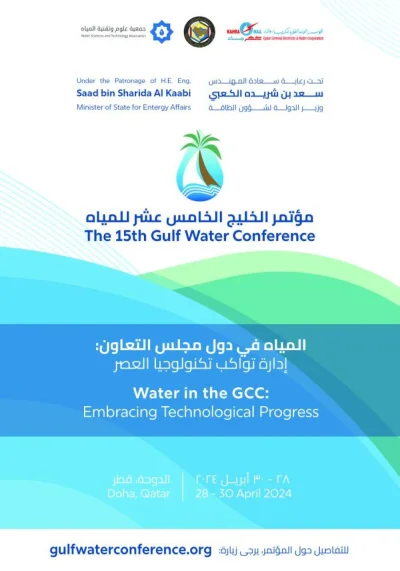In a teleconference yesterday, the three leaders discussed the repercussions of the crisis and ways to resolve it diplomatically through dialogue and mutual respect not through sanctions and siege, in an effort to ensure the security and stability of the region and the safety of its peoples.
During the discussion, the leaders reiterated their position against all forms of terrorism as well as the need to define terrorism and its organisations in a consistent and precise manner that leaves no room for confusion or interpretation according to personal mood.
The three leaders stressed that this definition should be done by the competent international organisations in accordance with the international legal rules.
They also stressed the importance of continuing to join efforts for combating terrorism and eradicating its causes.
Turkish Foreign Minister Mevlut Cavusoglu visited Saudi Arabia yesterday for talks aimed at resolving the crisis. Cavusoglu, who is trying to broker a solution, landed in Jeddah for talks with King Salman in the holy city of Makkah, a day after meeting his Kuwaiti counterpart.
The emir of Kuwait has also been trying to mediate in the row.
Meanwhile, the Chairman of the National Human Rights Committee (NHRC) Dr Ali bin Sumaikh al-Marri called on the international community to do more to lift the siege enforced on the State of Qatar.
He also called on them to support victims of the siege and avoid using the humanitarian issues as a political pressure tool or a negotiation tactic.
Dr al-Marri held a press conference in Geneva yesterday and called on the Office of the United Nations High Commissioner for Human Rights to send a delegation in the near future to take a stand on the violations that came as a result of the siege.
He noted that the NHRC will appoint an international law firm to prepare for cases that will demand reparation for the siege’s victims, in accordance with human rights declarations and agreements.
He added that if these countries - Saudi Arabia, the UAE and Bahrain - continue with their violations and the siege, the NHRC will demand the establishment of an international fact-finding committee.
He stressed that the NHRC will work with a number of international organisation on that goal.
He noted that the committee will also make complains to the United Nations Educational, Scientific and Cultural Organisation (Unesco) for violations of the right to education.
These complaints will be made to seek justice for Qatari students who were kicked out of those countries, and two students of the three countries who are threatened to leave their places of study at the State of Qatar.
Dr al-Marri also called on the UN Human Rights Council to condemn the violations resulting from the siege.
He also called on the council’s special rapporteurs to take the necessary measures in that regard and investigate those violations.
He also called on international organisations and media outlets to shed light on the tragedies resulting from the siege. He stressed that the countries must lift that siege, as it contradicts with all international declarations and agreements for human rights.
He added that the severe violations did not just affects the rights of Qatari citizens, but exceeded that to affect the civil, economic, social, and cultural rights of non-Qataris.
Dr al-Marri described these unilateral moves and the siege as collective punishment and an international crime that touched the lives of many segments of society.
He presented different types of violations that took place. The NHRC chairman also provided statistics of the humanitarian implications of the siege.
He noted that the committee communicates daily with the Office of the United Nations High Commissioner for Human Rights and many designated international organisations.
The committee also got in touch with 300 international and regional organisations to provide them with reports and detailed information on the conditions of the victims.
Cables of condolences to German leaders on Kohl’s death
HH the Emir Sheikh Tamim bin Hamad al-Thani and HH the Deputy Emir Sheikh Abdullah bin Hamad al-Thani yesterday sent cables of condolences to Germany’s President Frank-Walter Steinmeier and Chancellor Angela Merkel on the death of former German Chancellor Helmut Kohl. HE the Prime Minister and Interior Minister Sheikh Abdullah bin Nasser bin Khalifa al-Thani also sent a similar cable to Merkel.



